Ta-Nehisi Coates once called reparations “the price we must pay to see [American history] squarely.” This talk proposes that reparational vision—particularly those concerned with squaring America’s past with its possibilities for just futures—should be televisual. “Televisual” here can be understood in the colloquial sense of the term. From Martin Luther King’s 1968 discussion of the principles of the Poor People’s Campaign on The Tonight Show to C-SPAN’s 2019 coverage of a House Judiciary subcommittee’s hearing on reparations for slavery, the broadcasting of reparational visions has long played a central role in broadening the parameters of the public imagination.
Here, however, I consider the televisual in the etymological sense of the term. “Television” promises vision at a distance, faraway insights at a distal remove from the viewer. The distance traversed by televisual images is typically glossed as spatial. Television’s distality, however, is often also temporal, cognitive, political, imaginative, and any of the other ways images on the screen can be at a remove from everyday visions of the world.
This talk contends that televisual thinking—that is, the imagining of visions at a distal remove from that which falls within the contemporary confines of the Overton window—is a vital complement to any ethical imaginary tasked with envisioning reparational justice. To make a televisual case for reparations, this talk provides what I call a reparational reading of “The Big Payback” (d. Hiro Murai, 2022), an episode of the television show Atlanta. The analysis of “The Big Payback” provided here will be (for lack of a better term) abductive, moving insights procured from scene-by-scene analysis of Atlanta to the literary theory of Eve Sedgwick, Olúfẹ́mi Táíwò’s conceptualization of reparations, and comparative analysis of depictions of reparations across a range of media. The talk is ultimately a televisual exercise in the field known as conceptual engineering, an attempt to speculate and design toward a more robust conceptual comprehension of repair and reparations.
Will Bridges is the Arthur Satz Professor of the Humanities, Associate Professor of Japanese, and Core Faculty member of the Frederick Douglass Institute for African and African-American Studies at the University of Rochester. His first monograph is Playing in the Shadows: Fictions of Race and Blackness in Postwar Japanese Literature (University of Michigan Press, 2020). He is the founding editor of the Journal of Social and Cultural Possibilities, which encourages scholarly explorations of the possible. He is currently working on two monographs. The first is The Ethics of Reparations in Six Deaths. The second project is The Black Pacific: A Poetic History. He is also an author of creative nonfiction. His creative nonfiction, which has been named a Notable Essay of 2020 by the Best American Essays series and nominated for a Pushcart Prize, tries to articulate the pleasures and pains of black life.